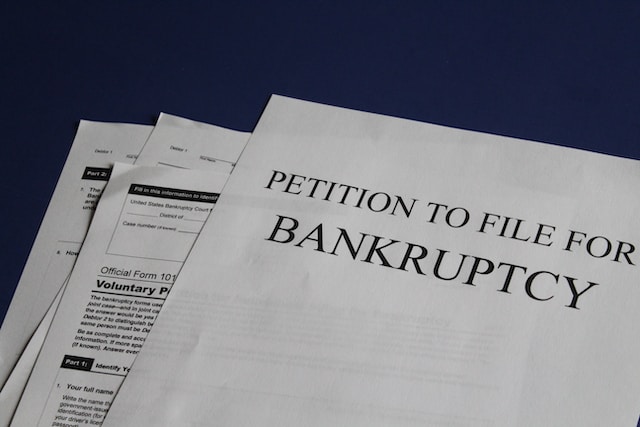Bankruptcy allows debtors to liquidate or reorganize their assets in an orderly fashion. Typically, Chapter 7 absolves most of a person’s debt, while Chapter 13 provides for repayment under a structured payment plan.
Our attorneys are committed to achieving debt relief goals for clients in Shelbyville and throughout central Kentucky. Contact us today to set up a consultation.
Meetings with Clients
During your initial meeting, you will likely be asked to provide detailed financial information about your assets and debts. Your attorney will use this to complete your bankruptcy paperwork accurately. Any errors in this paperwork could delay your bankruptcy or even expose you to allegations of fraud.
This process may also include asking you to provide documents supporting your answers about how much you earn. Delivering these documents helps your lawyer advise you about your case properly and whether proceeding with a Chapter 7 or a Chapter 13 bankruptcy filing makes sense.
Your lawyer will advise you about any mandatory hearings you must attend, including the 341 meeting of creditors and other hearings required in your specific type of bankruptcy case. These meetings can be painful if you are not prepared, but your attorney should be able to prepare you for these meetings well in advance. They will also advise you about any other hearings you may have to attend based on your circumstances.
Meetings with Creditors
The bankruptcy trustee who oversees the case will schedule a hearing, known as a 341 meeting, for the debtor. The meeting allows creditors to question the debtor under oath about their assets, liabilities and other matters pertinent to their bankruptcy case.
Generally speaking, the trustee will ask questions about income, expenses, property, life insurance proceeds and inheritances. Creditors may also ask about discrepancies between information provided on the bankruptcy forms and information submitted when applying for credit.
The bankruptcy law t protects various assets and types of income up to a certain value. Therefore, the trustee will be looking to determine if any nonexempt property is available for sale to pay creditors. Most meetings last for at most ten minutes. Debtors must prepare with their bankruptcy attorneys to ensure they are ready for this meeting. In some cases, the trustee will question debtors about recent charges on credit cards or cash advances made just before filing.
Meetings with the Court
A good bankruptcy lawyer from law offices in Rockville Maryland will have familiarity with court rules and procedures. They can identify and organize the necessary paperwork to prepare everything for your hearing. This will save time and make the process go more smoothly.
One of the most important meetings is with the case’s trustee. It is referred to as the 341 meeting, and it is not a courtroom meeting but rather a meeting with the trustee and any creditors who choose to attend.
At the 341 meeting, a trustee will ask you questions about the information in your bankruptcy papers. They will also ask you if you have any assets that are not exempt and could be used to pay your creditors. It would help if you answered these questions truthfully and accurately under oath. The trustee seeks evidence that you may have hidden assets or have committed fraud.
Meetings with the Trustee
When a bankruptcy is filed, the trustee assigned to the case will meet with you and your creditors to ask mandatory questions. The purpose of the 341 hearing is to verify that you have accurately reported your financial status and haven’t committed fraud by hiding assets or lying about your income to qualify for a Chapter 7 discharge.
During this hearing, the trustee will examine you under oath and ask questions about your debts, assets, claims, and property. You must bring photo identification and a document showing your social security number to the hearing. You’ll present these to the trustee after they call you to begin the session.
Creditors rarely attend these meetings unless they suspect you’re concealing assets or engaging in other prohibited activities. The trustee will decide if the hearing is complete or needs to be continued later.





Leave a Reply